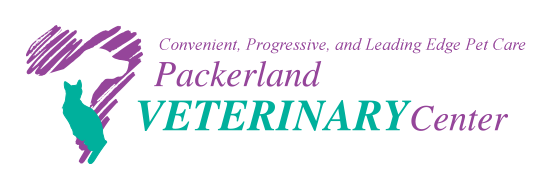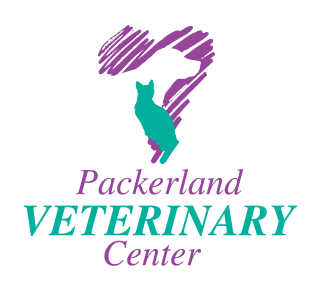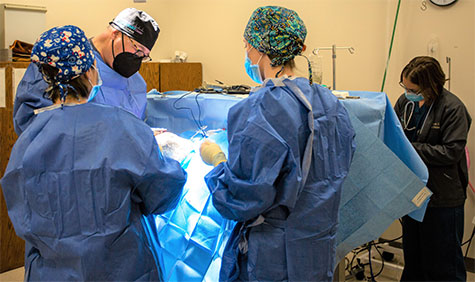


SERVICES
Advanced Surgical Services

As a regional referral practice, our veterinarians are very familiar with handling advanced surgical procedures. Our staff is knowledgeable and experienced in the latest treatment options and we have the ability to provide our services on a fast and efficient basis. Packerland has invested in cutting edge technology and training so we can provide the best possible care and outcome for your pet. Our goal is to get them feeling better faster and back home where they belong!
Some of the more common advanced procedures that we provide include:
Airway Disease
Often associated with brachycephalic (short-nosed) breeds like Bulldogs and Pugs, we can surgically address and correct abnormalities such as stenotic nares (narrowed nostrils) and elongated soft palates (excess soft tissue that blocks the opening to the trachea), making the pets more comfortable and less prone to further respiratory concerns.
Anal Sac Removal
Pets that have chronic anal gland issues have a decreased quality of life. Removal of one or both of the anal sacs can address chronic infection, discomfort or even tumors that may be present.
Cystotomy
Some pets form stones in their bladder which become a source of irritation, infection and potential blockage. We can remove these stones directly from the bladder and send them out for analysis to help prevent reoccurrence.
Exploratory
When other diagnostic options are inconclusive, some patients require abdominal surgery on an “exploratory” basis. Most often, findings in these pets include tumors, both benign and cancerous, and presence of foreign bodies in the GI tract. We can subsequently take biopsies or remove foreign objects or tumors as needed.
Foreign Body Removal
If your pet has ingested an object that becomes stuck, he/she will likely need a surgical procedure to remove it. Foreign objects can be localized to the stomach or intestine or sometimes both. If an object has been stuck in one area too long or has caused additional damage, as is often seen in linear foreign bodies, we may need to perform an intestinal resection where we remove the damaged portion of the intestine and reconnect healthy tissue.
Gastric Dilation/Volvulus(GDV)
GDV is a life-threatening emergency which occurs when the stomach bloats and then twists upon itself. Typically GDV patients have very tell-tale symptoms of dry-heaving with a bloated appearance and a simple x-ray will confirm the diagnosis. If the stomach is not quickly decompressed and then surgically untwisted, blood supply may be cut off causing tissue death. Even with immediate care, patients typically have a 50% survival rate.
Hernias (umbilical, inguinal, diaphragmatic)
A hernia is an abnormal opening in the body wall that allows organs or tissue to bulge through. The protruding tissues are replaced to their normal area and the hole is closed via a variety of methods. Diaphragmatic hernias (hole between the chest and abdomen) are particularly tricky as patients require ventilation during surgery to keep the lungs inflated while the organs are removed from the chest.
Mastectomy
Defined as the removal of one or more of the mammary glands, a mastectomy can involve removing a singular small lump or even the full mammary chain. Histopathology is important to determine type of tumor and overall prognosis following surgery.
Perineal Urethrostomy
A "PU" surgery is typically performed when a male cat has severe and life-threatening issues with urinary blockage. The procedure removes the penis and utilizes the larger urethral diameter upstream to create a larger opening, lessening the chance of future obstruction.
Pyometra
As a pet ages, hormone levels fluctuate which creates an environment in the uterus that makes it more prone to infection. Pyometra is a serious and life-threatening condition and necessitates emergency surgical intervention.
Salivary Mucocoele
Usually appearing as a swelling behind the lower jaw, a Salivary Mucocoele is the collection of saliva beneath the skin from a rupture of a duct of the one of the salivary glands. Simple draining of the fluid will not solve the problem and pets often require surgical removal of the affected gland to resolve the issue.
Splenectomy
Just as in people, pets can live a normal life without a spleen. Surgical removal of the spleen is performed for many reasons, but most commonly due to the presence of tumors. We utilize histopathology following surgery to determine the type of tumor present and the patient's overall prognosis.



